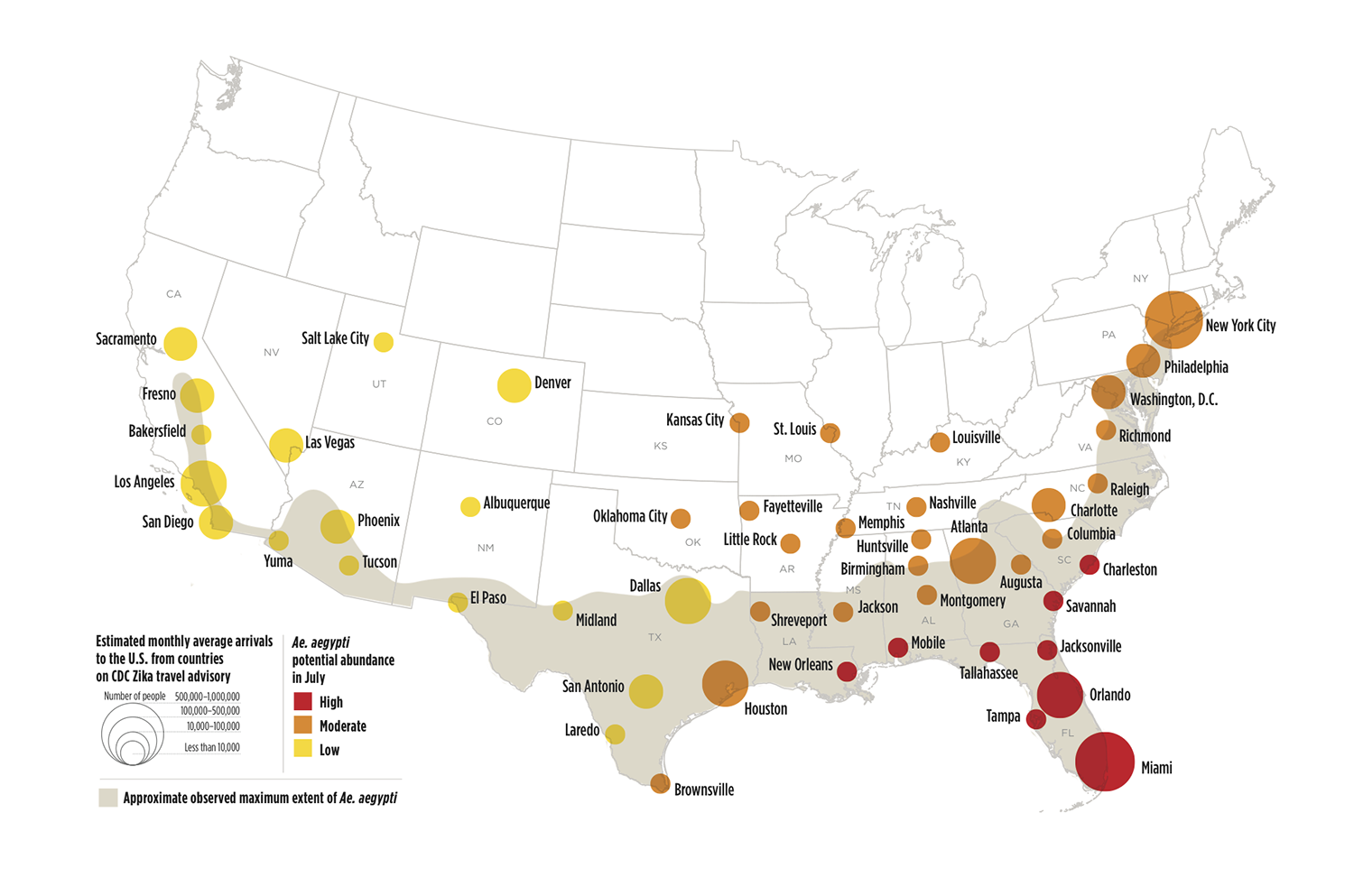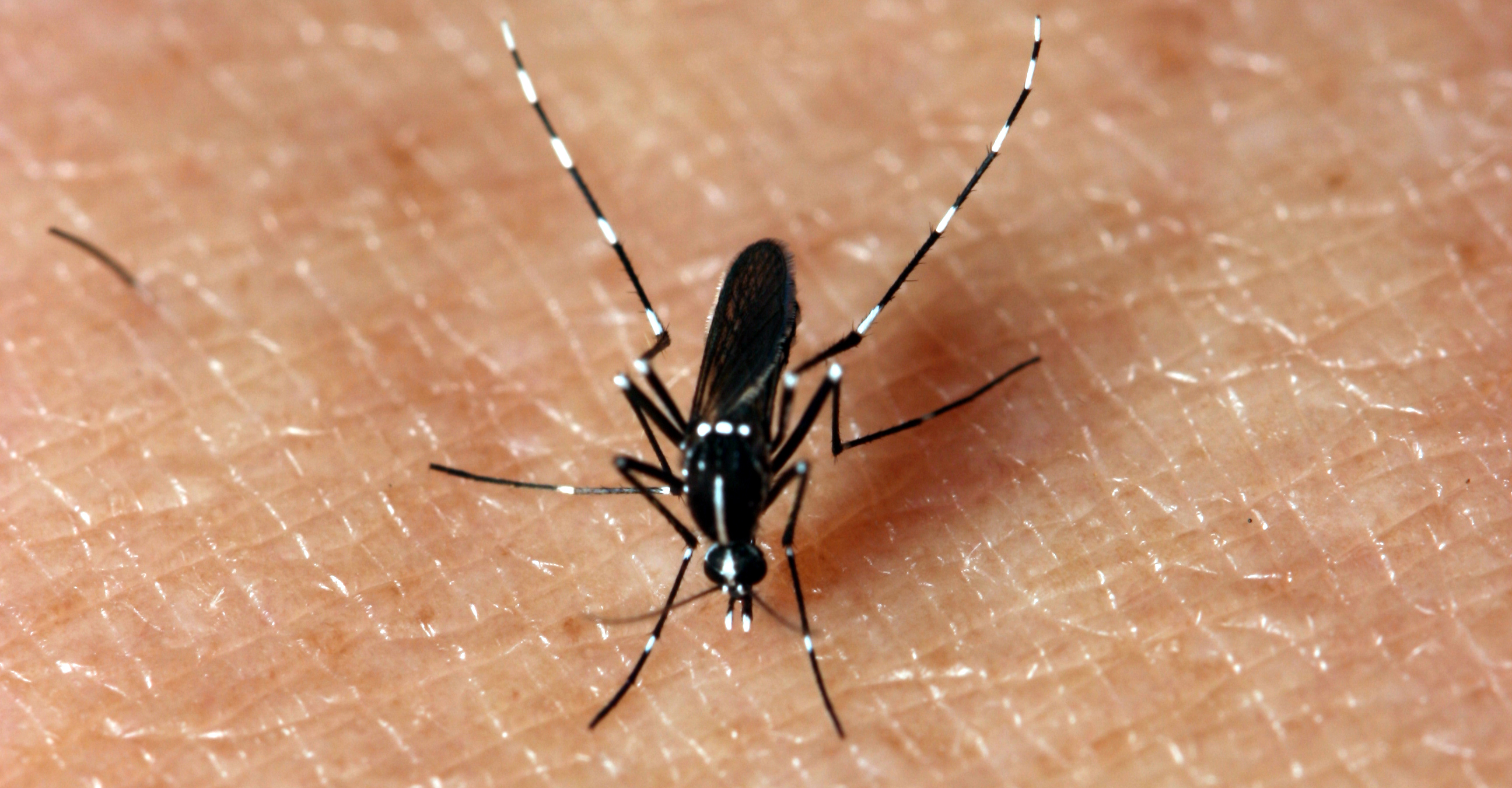Last December I wrote about bracing for a new mosquito-borne disease called Zika. Since then, evidence of a connection between Zika virus and two scary health conditions called Guillian-Barré syndrome and microcephaly has grown.
Although there are still no known cases of Zika being acquired from mosquitoes locally, from within the U.S., there is a real possibility that Zika virus could reach Texas this summer. If so, these issues will become as important to the average stay-at-home Texan, as it is to those folks who are willing to brave the traveler warnings and visit Zika-infested areas of Latin America this year.
Public health officials feel that the most likely scenario, if Zika does enter Texas, is that there will be small “pockets” of locally acquired human cases that start from infectious travelers returning from the summer Olympics in Brazil, or from other travel to the Caribbean (think cruises!) or any of the infected Central and South American countries. If this happens it will lead to intense concern, especially among families of women of child bearing age. Risk will be highest during the warmest months of the year, May to October.
The National Center for Atmospheric Research recently developed a map of areas with the highest potential risk of locally acquiring the virus. The map is based on international traffic and how common the primary mosquito carrier of Zika is in the various cities. In Texas the highest risk cities include Houston and Dallas, Brownsville and San Antonio.

NCAR estimate of risk for locally acquired Zika virus in the U.S. Colors represent the likelihood of Aedes aegypti being present, the mosquito species that transmits Zika virus. The mosquito has been observed in parts of the United States (shaded portion of map) and can establish populations in additional cities because of favorable summertime meteorological conditions. Circle size relates to the number of air travelers arriving from Latin America and the Caribbean. Based on data mapped by Olga Wilhelmi, NCAR GIS program (Image freely available for media & nonprofit use).
Texas AgriLife Extension recently published a new fact sheet titled “What Texans Need to Know About Zika Virus”. There are many good links to additional information through this fact sheet, so if you have any interest in the subject, this is a must read.
In addition, there are two new AgriLife website on Zika including the Preventing Zika site, and the ZIKA 360 site put out by the Texas A&M Health Science Center. These are excellent resources, and include text, videos and infographics.
Lastly, don’t forget the interactive Mosquito Safari website. It’s a great resource for people who to learn about the different kinds of mosquitoes, what kinds of places mosquitoes breed around the home, and how to control mosquitoes.
